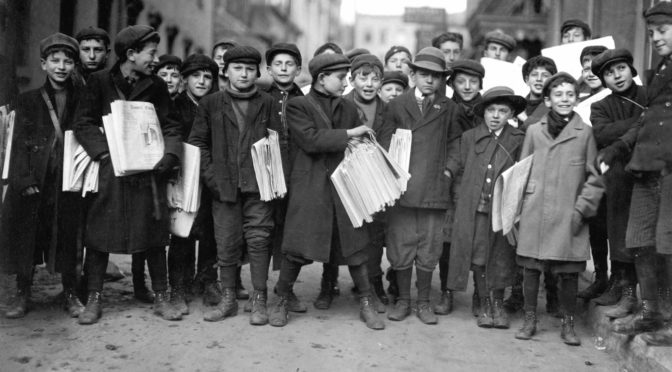 |
Photo: Alex Jones Introducing Greg Lukianoff at HPU's inaugural First Amendment Day in 2018. |
From Classical Music
to Constitutional Law
I wanted to be a musician, so I got a degree in music.
I wanted to be a journalist, so I worked 20 years for daily newspapers.
I wanted to write for The New York Times, so I landed a job as a freelance for them.
I wanted to live at the beach for a while, so I got a job at the St. Pete Times.
I wanted to spend a year in Paris, so I got a fellowship at the largest J school in France.
I wanted to study law, so I got a scholarship to Yale Law School.
Not that any of it was handed to me on a silver platter. I grew up in an ordinary middle-class household that included two parents, three siblings, a parade of pets and a lot of noise.
 |
Alex Jones Smith began teaching media law,First Amendment history and journalism at HPU in Fall 2013. |
What we had was music. Lots of music.
Because my father was a drummer in his younger life, jazz and classical music formed our family’s soundtrack. His musical obsession meant we had a hi-fidelity stereo with $400 speakers and one of the finest professional-grade tape players ever made.
Instruments that found their way into our house included various coronets and trumpets, several saxophones and clarinets, a flute and an oboe, a snare drum and a trombone, a hulking upright piano and a full set of jazz-style drums. My father came home with a guitar one day, so I learned to play that, too.
My mother didn’t have a musical bone in her body, but she had ink in her veins. Her claim to fame as a journalist was that she landed an exclusive jailhouse interview with Velma Barfield before the state executed Barfield by lethal injection. Growing up in Cary, the first job I ever had was, naturally, at The Cary News.
After graduating with a music degree in 1986, I immediately began transforming myself into a journalist with an entry-level job at the Winston-Salem Journal. In 1990, I made the leap to The Charlotte Observer, then the largest newspaper between Washington and Atlanta. There I stayed for 14 years.
 |
David Dalton With author and activist Ken Ilgunas during a talk he gave atHPU after publication of his book "Trespassing Across America. |
Except when I left and came back a year at a time — for Paris, for Florida, for Yale. I’m easily bored, I suppose, so my career at the Observer was actually three in one: as an arts writer, as a copy editor and, finally, as assistant world and national editor.
Bored again, I left the newsroom for the last time in 2006. I spent the next six years studying, teaching and earning a doctoral degree from the journalism school at UNC-Chapel Hill. From that cocoon, I emerged an award-winning legal historian and a devoted instructor of media law, First Amendment history and journalism.
It's what I wanted. And I got it.
















